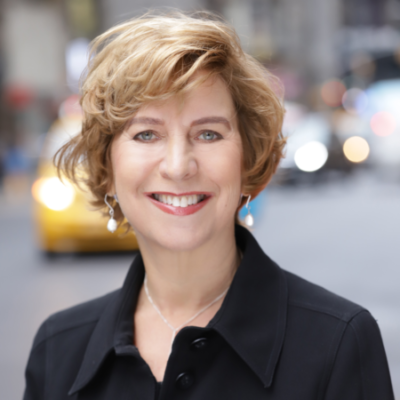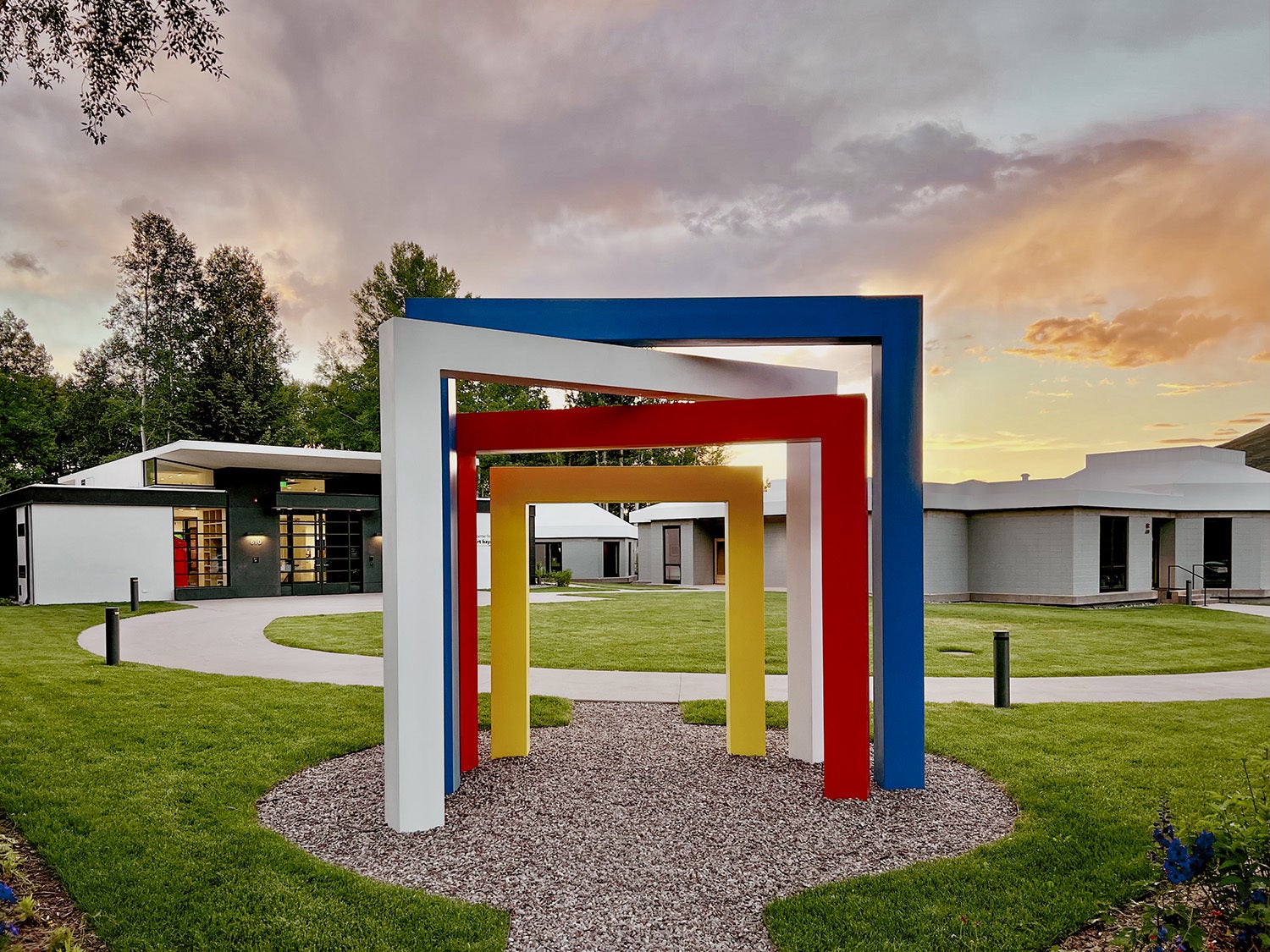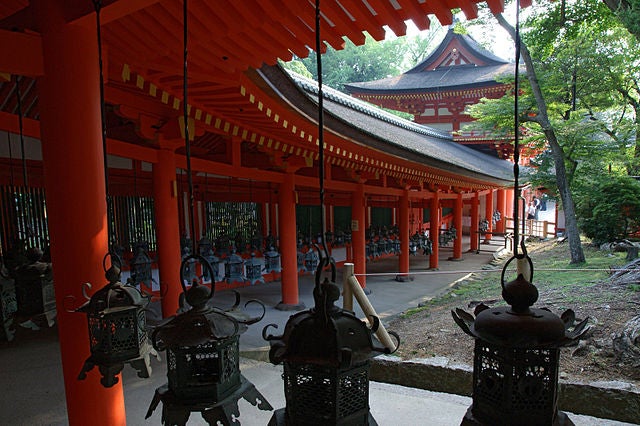Socrates Program: 2025 Spring Seminars
Socrates Spring Seminars
The Socrates Program is excited to host our Spring Seminars this March 28th-31st in Aspen, CO. Seminar tuition is $2,500. Scholarships for the Spring Seminars have now been fully expended. We will be hosting three incredible seminars with new and veteran moderators.
Registration is now open for the three concurrent seminars!
Who Knows What’s Best For You? (4 SEATS LEFT!)
Societies have long wrestled with where the rights of an individual and society intersect, especially when the best interests of the communal may impinge upon those of the personal. Nowhere are these issues more complex than in public health. Whether wrestling with vaccine mandates or how artificial intelligence can deliver more personalized medicine, these issues are layered in ethical and societal questions, most notably: who knows what’s best for you?
Should we allow individuals to make decisions that they believe are best for themselves or regulate decisions that are the best for the collective, and how do we draw the line between the two? In addition, how do we define the collective and whose voices are included or left behind? How does this calculus shift over time, as information and knowledge evolves, and what are our public responsibilities in communicating these decisions? How do the answers to these questions vary by different political and social philosophies, as well as organization of political and social systems? This seminar will wrestle with the complexity of decision making using examples from throughout the history of public health, including COVID-19.
 Moderator: Dr. Ashwin Vasan is a physician, epidemiologist, public health professor at Columbia University, and the 44th New York City Health Commissioner from Jan 2022-2025. During Dr. Vasan’s tenure, while leading the city out of the pandemic and confronting new challenges including the 2022 mpox outbreak, he reshaped and reoriented the city’s public health system to take on the challenge of falling life expectancy, embodied in their signature initiative HealthyNYC which aims for healthier, longer lives for all New Yorkers, with a focus on closing inequities.
Moderator: Dr. Ashwin Vasan is a physician, epidemiologist, public health professor at Columbia University, and the 44th New York City Health Commissioner from Jan 2022-2025. During Dr. Vasan’s tenure, while leading the city out of the pandemic and confronting new challenges including the 2022 mpox outbreak, he reshaped and reoriented the city’s public health system to take on the challenge of falling life expectancy, embodied in their signature initiative HealthyNYC which aims for healthier, longer lives for all New Yorkers, with a focus on closing inequities.
Can Democracy Survive The 21st Century? (SOLD OUT!)
Our nation, and much of the world, has made tremendous progress, particularly since WWII, in providing for its citizens to participate in an inclusive, responsive democracy. The franchise has been extended to all eligible adult citizens, regardless of race, sex, or financial status, throughout much of the democratic world. In the United States, we are seeing record turnout of voters, and historic racial disparities in voting are closing.
But in the last two decades, we’ve seen a new line of attack on pluralistic, democratic self-governance. Using tools like the internet, social media, and Artificial Intelligence, foreign autocrats threatened by democracy, and domestic extremists, are threatening the foundation of citizens’ faith in democracy – whether democratic institutions can deliver effective governance to their citizens. Sometimes these efforts rely on actual policy disagreements, leveraging them to the point where the divisions seem existential and incapable of resolution through political means. Sometimes these efforts rely upon a fantasy world of disinformation, painting a picture of society that bears no relation to reality, imprisoning some in a manufactured world where citizens must hate their neighbors, and terrorize the public servants an institutional democracy relies upon, like those that administer elections.
Is it possible for democratic societies to adapt to this new threat? Can pluralistic democracy address the challenges of globalism, climate change, ethnic strife, etc., while still accommodating free speech, freedom of religion, racial justice, and upward economic mobility. What are the structural changes that may need to be explored, and will that be enough? Are humans psychologically capable of adapting to a new information environment, to be resilient to disinformation that seeks to isolate them and keep them isolated from each other?

Moderator: David J. Becker is the Executive Director and Founder of nonpartisan, non-profit The Center for Election Innovation & Research, working with election officials of both parties, all around the country.
Will We Ever Trust The News Again? (SOLD OUT)
More Americans than ever say they don’t trust the mainstream news media. Instead they are turning to non-traditional sources like talk radio hosts and TikTok influencers. And even many journalists are debating traditional ideals of journalistic objectivity and neutrality and whether today’s newsrooms do, or should, adhere to them. This Socrates Seminar will seek answers to these and other questions: Do we need a new definition of news? How do we re-engage people with news at a time of rising media manipulation (including AI) and misinformation? And how can we function as a democracy without a shared understanding of what is true and false? Join this discussion about the challenges facing the industry – and crucially, the promising paths towards a solution.
Moderators:

Vivian Schiller is an Aspen Institute Vice President and Executive Director of Aspen Digital, with former positions at NPR, New York Times, CNN. Documentaries and series produced under her auspices earned multiple honors, including three Peabody Awards, four Alfred I. DuPont-Columbia University Awards, and dozens of Emmys.
 Sewell Chan is executive editor of the Columbia Journalism Review, coming from the Washington Post, New York Times, Los Angeles Times, and Texas Tribune. Under his leadership, the Tribune shared a National Magazine Award and was a finalist for the Pulitzer Prize — both firsts for the organization. He serves on the boards of the Pulitzer Prizes, the Livingston Awards and the Reporters Committee for Freedom of the Press.
Sewell Chan is executive editor of the Columbia Journalism Review, coming from the Washington Post, New York Times, Los Angeles Times, and Texas Tribune. Under his leadership, the Tribune shared a National Magazine Award and was a finalist for the Pulitzer Prize — both firsts for the organization. He serves on the boards of the Pulitzer Prizes, the Livingston Awards and the Reporters Committee for Freedom of the Press.
Frequently Asked Questions:
What is a Socrates seminar?
The Socrates Seminar is a roundtable discussion / collaborative weekend-long event for participants from different fields. Participants are asked to contribute their understanding of and reactions to carefully selected readings, with the guidance of moderators who are experts in their sector. This is not a panel discussion, nor is it a tutorial where the experts share their knowledge. The roundtable discussion format is a multilateral debate moderated by the moderator(s). The seminars are held on Aspen Meadows Resort campus.
How many seminars can I participate in?
You will register for one seminar of up to 24 participants for the entire weekend. Meals and programming will be enjoyed with the entire group which includes participants from all three concurrent seminars.
What if my preferred seminar is sold out?
Unfortunately, each seminar is capped at a certain amount and we might not be able to accommodate your request. We urge you to apply as soon as possible but if you would like to discuss the seminars further, please reach out the Socrates Team directly via email and one of our team members will assist you.
What does tuition cover?
Tuition includes seminar attendance and materials and meals during the program, which begins at 6pm on Friday evening and ends at 12 pm on Monday.
Are scholarships available?
Scholarships for tuition assistance are available through the Socrates Program. The application can be found here. Please note: Scholarships are awarded on a rolling bases. We encourage you to apply as soon as possible.
Can I bring a guest?
If you would like to bring a guest to join you for meals, you are welcome to for $600.00. These both can be purchased as add-ons when you register.
What transportation will be provided at the event?
If you are a guest of the Aspen Meadows Resort, they will take care of your arrival and departure transportation to and from the airport. If you are staying at an alternative location, taxis and a free local bus are available.
The Aspen Meadows offers a complimentary shuttle that runs into Aspen every 30 minutes.
What is the timing of the seminars and programming for the weekend?
You can view the tentative agenda below, which has the set times for the seminars and meals (the event locations and optional activities will be added closer to the event). To join for the whole experience, you will want to arrive in Aspen by 6pm on Friday and depart after 12pm on Monday.
In the morning until 1 pm daily, you are welcome to explore and engage with everything Aspen has to offer. We have partnered with Blazing Adventures to offer some special trips to Socrates participants.
What is the dress codes for the seminar?
Although we do not require a specific dress code, most people dress business casual and comfortable in the seminar rooms and bring something a bit more dressy for the evenings. We recommend that you dress for warmth and comfort in both the Winter and Summer. Please wear sturdy shoes that will allow you to walk through snow.
Health and Safety Guidelines for In Person Events
The Aspen Institute is committed to creating a safe seminar experience for all participants. Please see our COVID-19 safety guidelines here.
These guidelines will be regularly updated to meet the latest health and safety guidance of the CDC and local authorities. If you anticipate any issues or have any concerns, please contact us at socrates@aspeninstitute.org.


